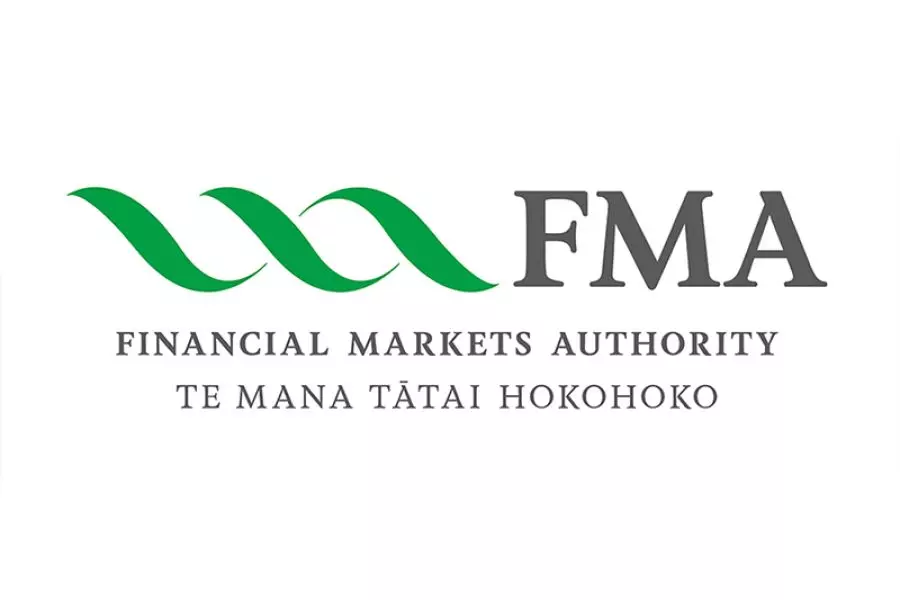News
Lift in sales but prices still declining

Tuesday 15th of August 2023
Nationally house sales lifted 1.6%, to 4,903 last month compared to last year and were up 10.8% in Auckland, but on a month-on-month basis sales were 15.6%.
At the same time, the median sale price dropped 4.9% year-on-year to $770,000 across the country. In Auckland it dropped below $1 million to $990,000.
Sales
Across the regions, sales were up year-on-...
Want to read the full article?
Click the button below to subscribe and will have unlimited access to full article and all other articles on the site.
2 min read









![[The Wrap] Bye Bye Bayly](https://goodreturns.publit.io/file/c_fill,w_900,h_600/39f23ac1-f7c7-4854-b700-a150004ebbac.webp)